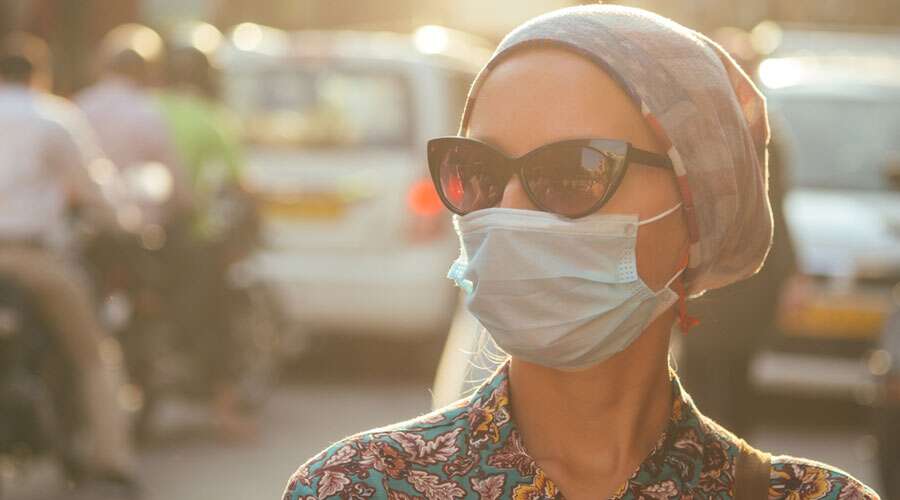More than 100,000 varieties of face masks are currently for sale. They come in silk, cotton and synthetics; with filters and without; over-the-head and over-the-ears. They have sparkles and sunflowers; friendly greetings and insults; cartoon characters and teeny reindeer.
What they don’t have is a label that shows how well they block infectious particles, an omission that has frustrated public health officials during the coronavirus pandemic. Those experts note that there is a big range in the effectiveness of various designs, and some barely filter out particles at all.
“The most fundamental, basic question is, What is the safest mask and how do I assure that I have that, and my family members and children have that?” said Fran Phillips, who stepped down in August from her post as deputy health secretary of Maryland. “It’s so startling that we don’t have that information.”
That may change soon. A division of the Centers for Disease Control and Prevention is working to develop minimum filter efficiency standards, and labels showing which products meet them, for the vast and bewildering marketplace for masks and other face coverings.
The National Institute for Occupational Safety and Health, a division of the CDC known as NIOSH, has been quietly writing guidelines with an industry-standard-setting organisation, ASTM International.
“By having a standard in place you will be able to know what level of protection is being achieved and you’ll have a consistent way of evaluating these products,” said Maryann D’Alessandro, director of the NIOSH National Personal Protective Technology Laboratory.
Since the pandemic began, there has been little federal oversight of masks and other face coverings. Both the Food and Drug Administration and the CDC have some authority over the industry. The FDA, which regulates medical devices, shares authority with NIOSH for oversight of N95 respirators. But most of the masks worn by the general public are just pieces of cloth and don’t come under any regulatory oversight.
Sales of masks took off after the FDA issued an emergency measure in April — when health care facilities were struggling to secure enough protective gear — that said in part that the agency would not take action against companies selling them to the general public. At the same time, however, it also noted that these products “may or may not meet fluid barrier or filtration efficiency levels”.
New York Times News Service











